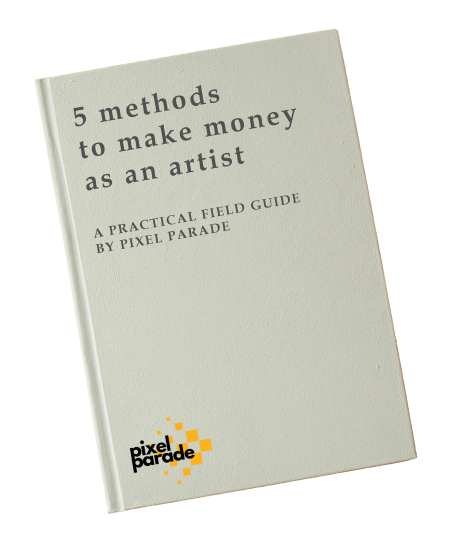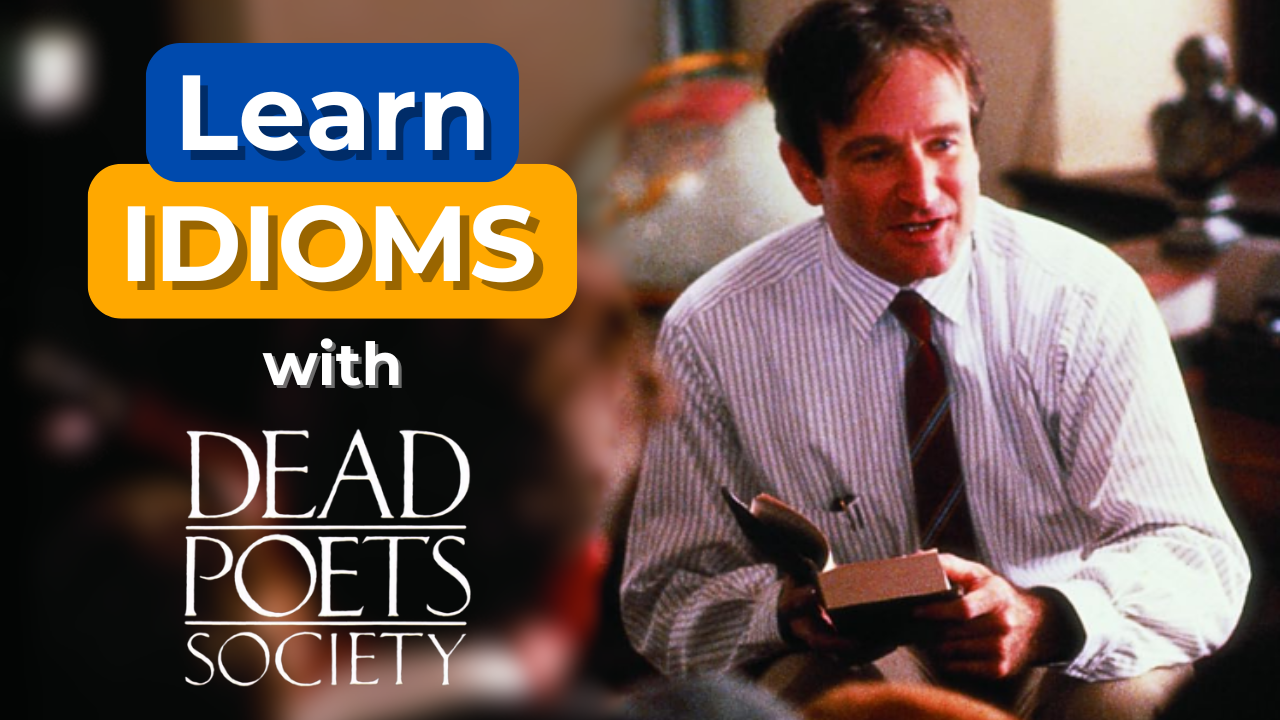Have you ever struggled to stick to a goal or break a bad habit?
Maybe you’ve tried eating healthier, exercising more, or waking up early—only to slip back into old routines. In today’s scene from Seinfeld, we explore this very idea through the idiom: “fall off the wagon.”
👇 Watch the full video lesson below, then scroll down for key vocabulary and a breakdown of how to use this powerful phrase like a native speaker.
1) Having a Fling
📖 A fling is a short, casual romantic relationship, often secretive or not serious.
💬 “She had a summer fling while on vacation in Italy.”
💬 “They’re just having a little fling—it’s nothing serious.”
💡 Key Tip: This word often has a playful or gossipy tone.
2) Recovering Alcoholic
📖 A recovering alcoholic is someone who used to drink heavily but is now sober and working to stay that way.
The word recovering shows that it’s an ongoing process.
💬 “He’s a recovering alcoholic—it’s been five years since he quit.”
💬 “She’s recovering from surgery and doing much better.”
💡 You can use recovering with other habits too:
- “He’s a recovering smoker.”
- “She’s a recovering workaholic.”
📌 The “-holic” Suffix
Words like alcoholic gave rise to humorous extensions for other habits.
👉 Common “-holic” Words:
- Workaholic → “She works 12 hours a day—total workaholic!”
- Shopaholic → “I bought way too much—I’m such a shopaholic.”
- Chocoholic → “I can’t stop eating chocolate—I’m a chocoholic!”
- Foodaholic → “He’s always thinking about food.”
- Techaholic → “I’m always glued to my phone.”
💡 Key Tip: These are playful and informal—but can reflect real issues too.
3) Off the Wagon / On the Wagon
📖 On the wagon means you’ve quit drinking alcohol.
📖 Off the wagon means you’ve started again—relapsed.
💬 “He was sober for months, but last weekend he fell off the wagon.”
💬 “She’s been on the wagon since New Year’s.”
💡 In the Seinfeld scene, Jerry gets the phrase mixed up—but Elaine uses it correctly later.
4) Keep Your Hands to Yourself
📖 A casual but firm way to say: don’t touch anything or anyone.
💬 “Keep your hands to yourself—that’s not yours.”
💬 “Hands off the cake until dinner!”
💡 In this scene, it’s said jokingly—but the phrase can also be serious.
5) Lucky Day
📖 We say “lucky day” when something unexpectedly good happens.
💬 “I got a free upgrade on my flight—today’s my lucky day!”
💬 “Found $20 on the sidewalk—lucky day!”
6) Cranberry Juice and Vodka
📖 A classic cocktail—but in this scene, it’s important because Dick is a recovering alcoholic.
💡 This is an example of dramatic irony:
The audience knows he’s drinking alcohol, but the characters don’t realize it right away.
7) Who Do You Read?
📖 This question means: What authors do you like to read?
💬 “Who do you read? I’ve been into George Orwell lately.”
💬 “I read a lot of mystery—Agatha Christie is my favorite.”
💡 Don’t confuse this with “Who are you reading?” in casual conversations—it’s not about people you know.
8) Obscure
📖 Obscure means something uncommon, unusual, or hard to understand.
💬 “He likes obscure indie films that nobody’s heard of.”
💬 “It’s an obscure café, but the coffee is amazing.”
9) Beatnik
📖 A beatnik was a 1950s-60s person who rejected mainstream culture—loved poetry, jazz, and unconventional lifestyles.
💬 “He’s got that beatnik look—vintage clothes and a poetry journal.”
💡 The term still exists, but it’s not used as often today.
10) I Got News for You
📖 A bold way to introduce a strong opinion or surprising truth, often with sarcasm.
💬 “I got news for you—you’re not as smooth as you think.”
💬 “You think that’s healthy? I got news for you—it’s full of sugar.”
11) Idiom Spotlight | Fall Off the Wagon
▶️ Watch this quick YouTube Short for a fun breakdown of the idiom’s origin and meaning:
📖 To fall off the wagon means to return to a bad habit after trying to stop—most often used for alcohol, but it applies to any goal or self-discipline.
💬 “I was eating clean for weeks, but then I fell off the wagon and ate two pizzas.”
💬 “He quit smoking last year, but I think he fell off the wagon recently.”
💡 Where Does It Come From?
This idiom comes from 19th-century America. People who gave up drinking said they were “on the water wagon,” meaning they were drinking water instead of alcohol. If they drank again, they had “fallen off the wagon.”
👉 Imagine actually falling off a wagon—then getting metaphorically run over by guilt or consequences!
🧠 Key Tip
Today, you can use this phrase with anything:
- Junk food → “I was off sugar, but I fell off the wagon.”
- Spending → “I was saving money, then I fell off the wagon with online shopping.”
- Exercise → “I didn’t work out for a month—fell right off the wagon.”
It’s a relatable, flexible idiom for real-life struggles.
✅ Wrap-Up
We’ve explored the idiom “fall off the wagon” and broken down tons of practical vocabulary from the Seinfeld scene.
This phrase is perfect when talking about self-control, setbacks, and starting over. Whether it’s breaking a habit or slipping back into one, now you’ll understand how to talk about it like a native speaker.
And if you found this lesson helpful, don’t forget to like, subscribe, and share with someone else learning English. We post new lessons every week, using iconic scenes to help you:
✨ Read between the lines
🎙️ Talk the talk
👂 And sharpen your ears
See you in the next one!
Free download!
5 methods to make money as an artist





